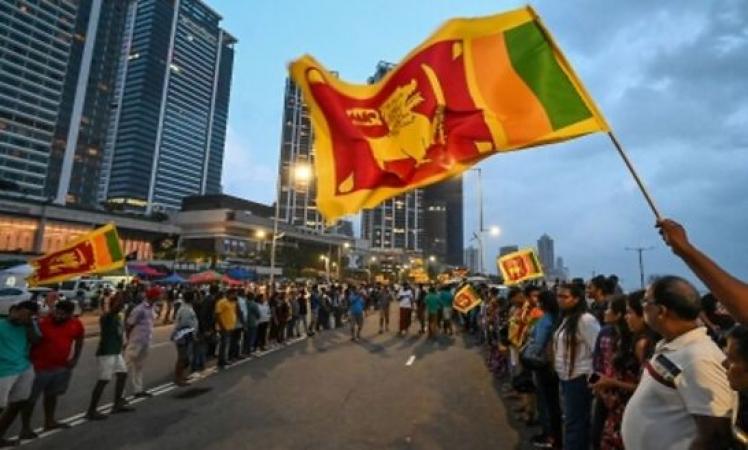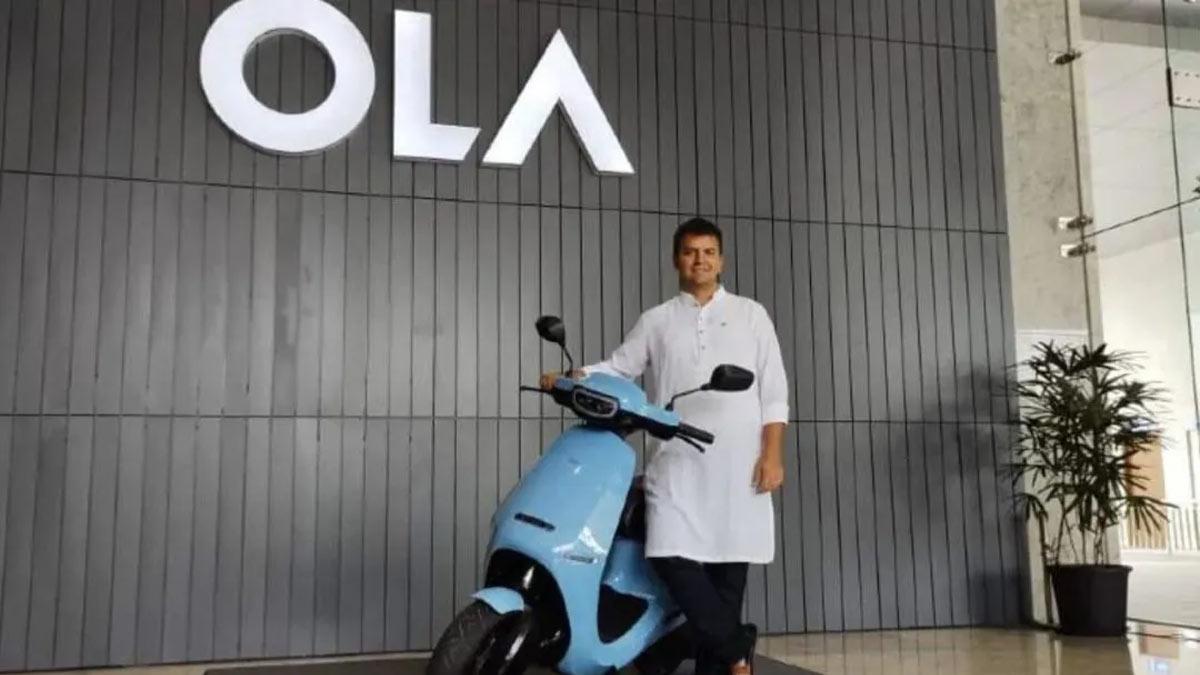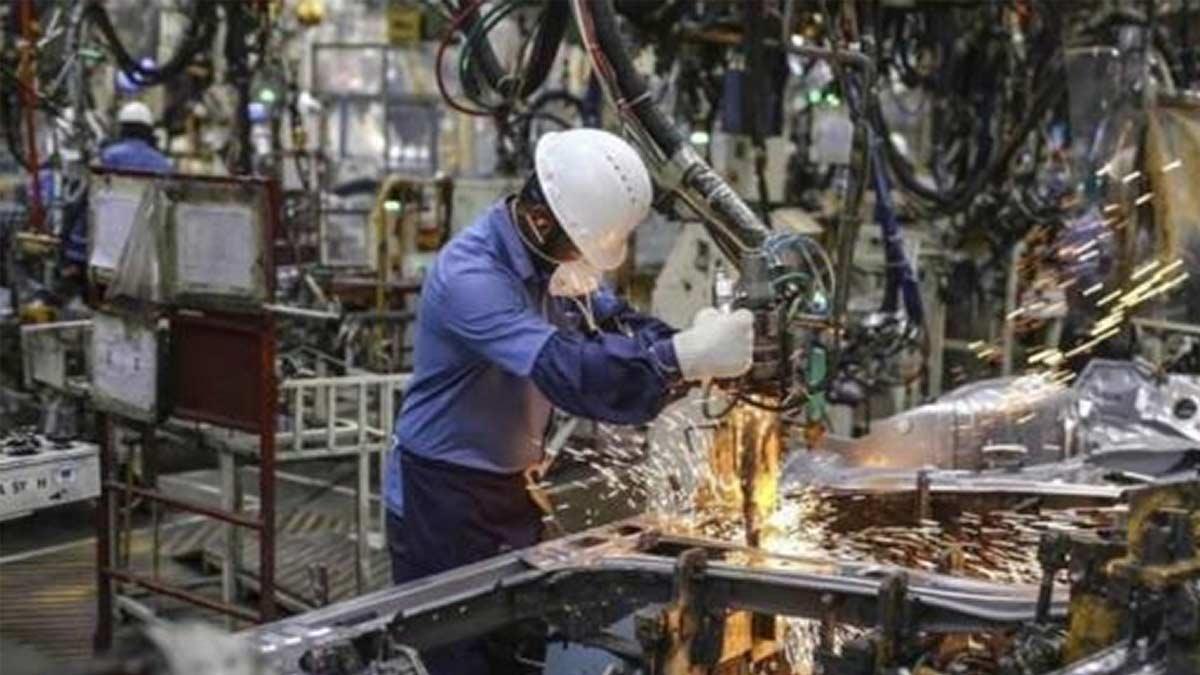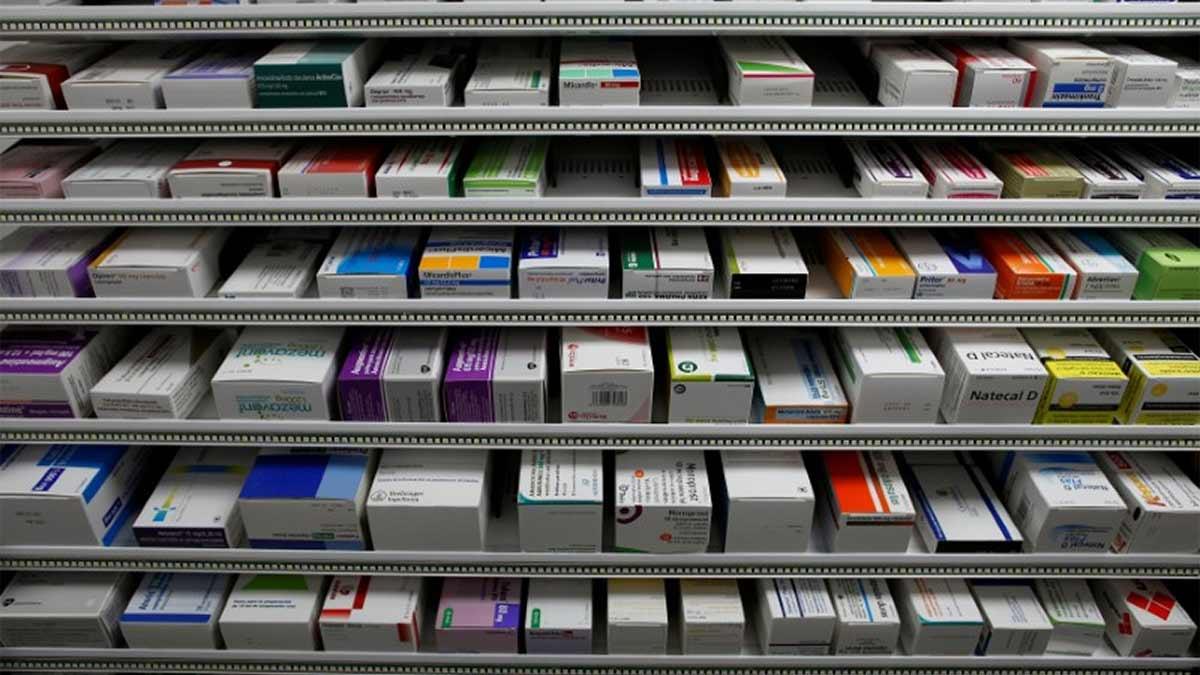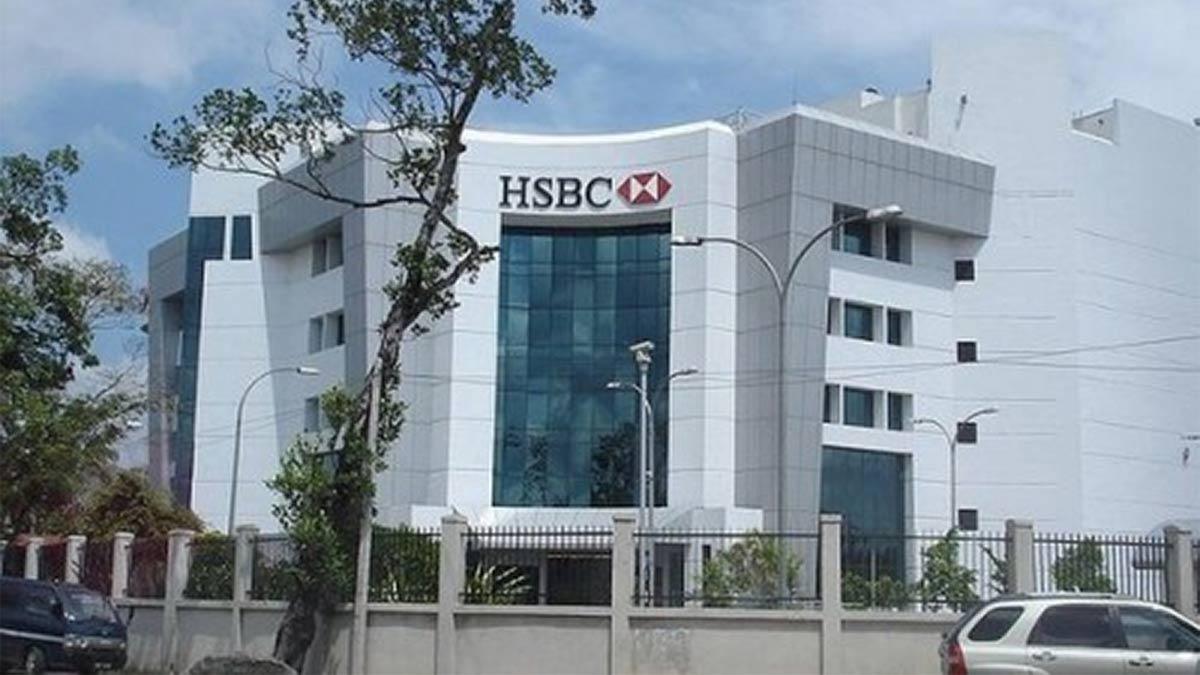P Nandalal Weerasinghe, Governor of the Central Bank of Sri Lanka, said that the island nation could have avoided the ongoing economic crisis if it had approached the International Monetary Fund (IMF) earlier.
Speaking to the BBC, the Governor said on Thursday night: "If we had taken the decision to go to the IMF earlier, if we started the debt resettlement process one year before, we could have managed the situation without this kind of suffering in this country."
Amidst the worst ever economic crisis, Sri Lanka says it needs $5 billion this year in support from the international community, including the IMF.
For the first time in history, the country defaulted on its foreign debt in May.
Also Read | ShareChat closes $520 mn funding round at $5 bn valuation
Weerasinghe reiterated that Sri Lanka was experiencing its worst economic crisis since independence from Britain in 1948.
The country is facing extreme fuel shortages, soaring food prices and a lack of medicines.
A recent World Food Programme survey revealed that around two thirds of Sri Lankan households have been forced to reduce their food intake due to the crisis, the BBC reported.
A crisis has also pushed the cost of living to record highs.
Sri Lanka's official rate of inflation rose by 39.1 per cent year-on-year in May. At the same time, food prices in its largest city Colombo increased by 57.4 per cent.
Meanwhile, an IMF team is scheduled to arrive in Colombo on June 20 for talks.
Weerasinghe's remarks came three days after Prime Minister Ranil Wickremesinghe said the country needs at least $5 billion over the next six months to pay for basic essential items such as food, fuel and fertiliser, the BBC reported.
Also Read | Bank of England hikes interest rates again
Addressing Parliament on Tuesday, he said the island nation, which has a population of around 22 million, requires $3.3 billion for fuel imports, $900 million for food, $600 million for fertiliser, and $250 million for cooking gas.
Wickremesinghe is set to unveil an interim budget next month.

